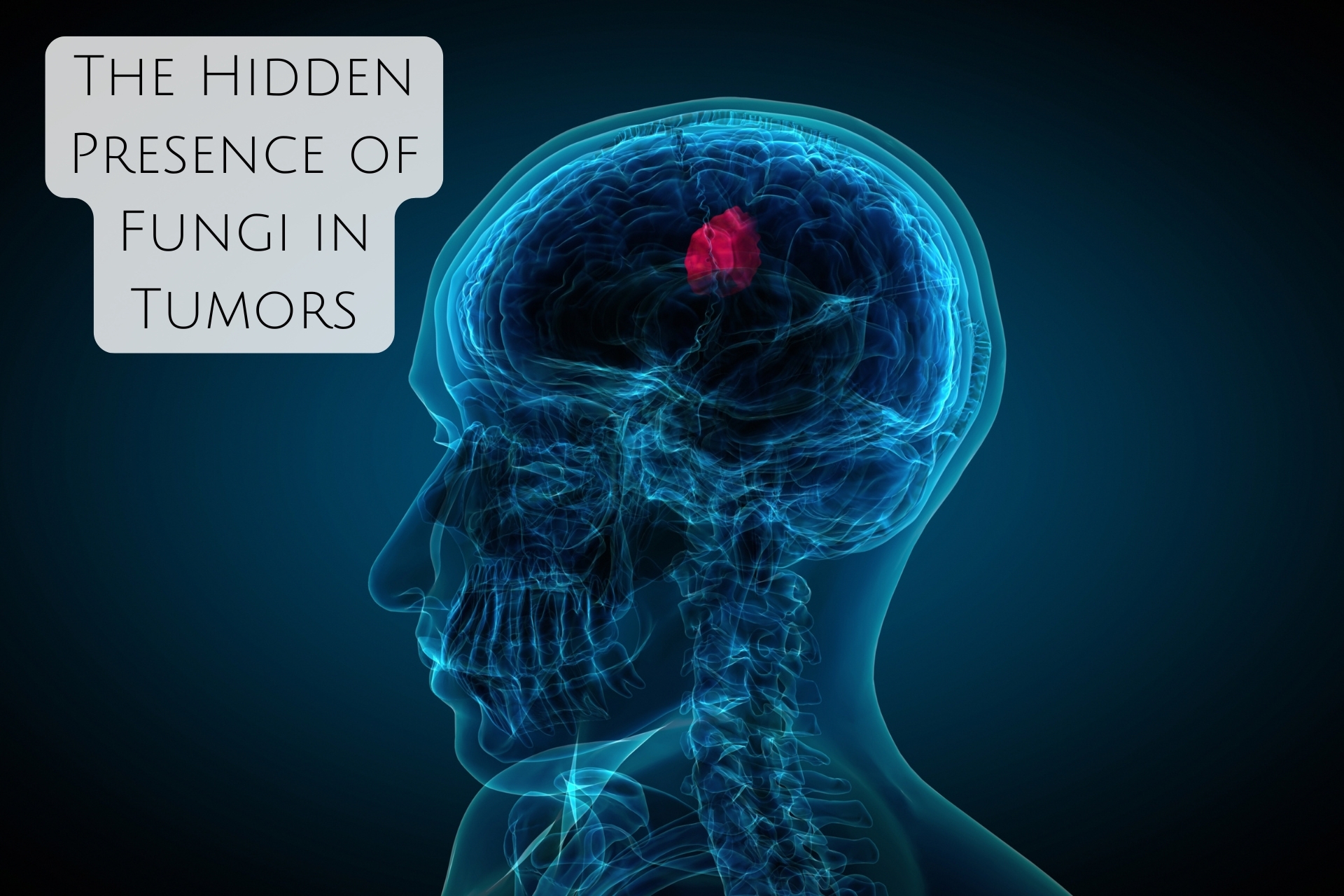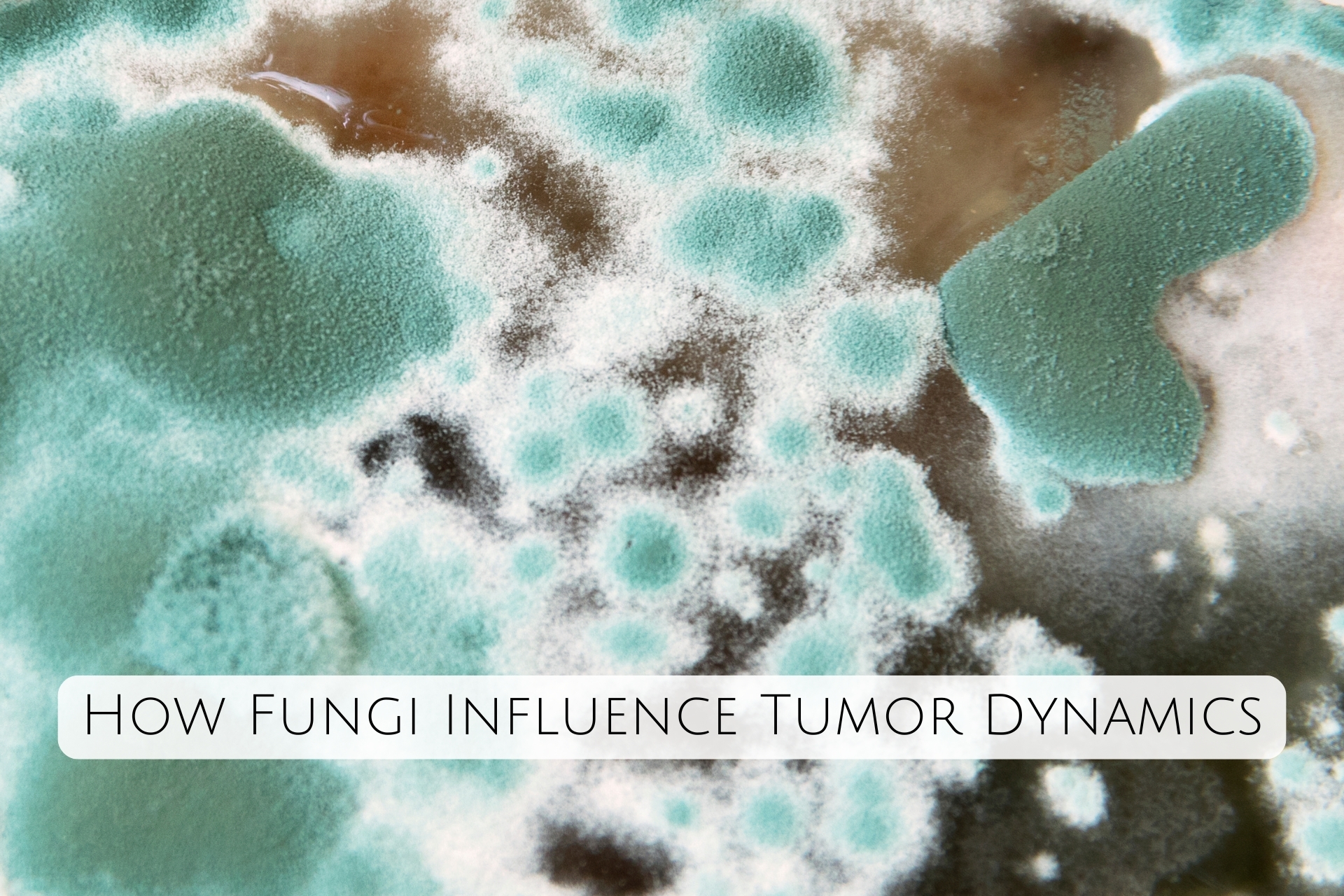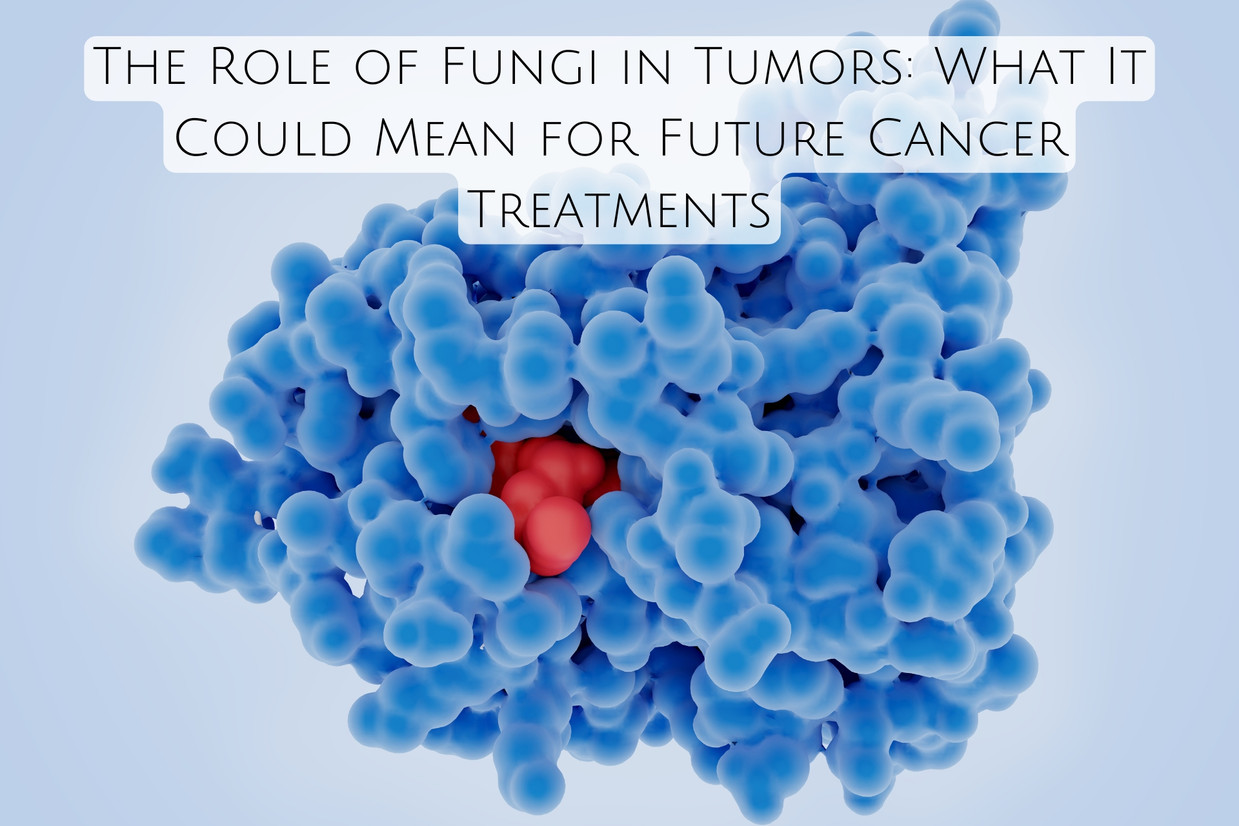The Role of Fungi in Tumors: What It Could Mean for Future Cancer Treatments
The human body is a complex ecosystem teeming with microorganisms, including bacteria, viruses, and fungi. While bacteria and viruses have long been studied for their roles in health and disease, fungi have historically received less attention. This oversight is beginning to change as groundbreaking research reveals that fungi may play a significant role in the development, progression, and treatment of cancer.
Recent discoveries show that fungal communities, known as the mycobiome, are not only present in various tumors but may also influence their behavior in profound ways. Understanding the interplay between fungi and tumors could revolutionize how we approach cancer diagnosis, treatment, and prevention.
The Hidden Presence of Fungi in Tumors:
Fungi are found in various parts of the human body, from the skin to the gut, often coexisting with bacteria and other microbes. When it comes to tumors, researchers have detected fungi embedded within the tumor microenvironment. Importantly, these fungi are not haphazardly distributed; specific fungal species appear to correlate with specific cancer types.
For example:
- Candida species are frequently found in gastrointestinal cancers.
- Malassezia, typically associated with the skin, has been linked to pancreatic cancer.
- Aspergillus and Saccharomyces species have been identified in lung and breast cancers.
The specificity of these associations suggests that fungi may play more than a passive role in tumors. Are they simply opportunistic colonizers, or are they active participants in tumor development and progression? Answering these questions could change the way we understand cancer biology.
How Fungi Influence Tumor Dynamics:
Fungi may affect tumors through multiple mechanisms, shaping their growth, interaction with the immune system, and response to treatment.
1. Immune System Manipulation:
The immune system is a key player in both fighting cancer and supporting its progression. Fungi are known for their ability to interact with the immune system in complex ways:
- Pro-inflammatory Effects: Fungal components like β-glucans can stimulate immune cells, potentially fueling chronic inflammation—a known driver of cancer.
- Immune Suppression: Some fungi produce metabolites that suppress immune responses, allowing tumors to evade detection and destruction.
By either activating or suppressing immune activity, fungi may tip the balance in favor of tumor growth.
2. Promoting Tumor Growth through Inflammation:
Chronic fungal infections or dysbiosis can lead to prolonged inflammatory responses. Inflammation is a double-edged sword in cancer; while it can destroy abnormal cells, it also creates an environment conducive to cancer development.
- In colorectal cancer, fungal overgrowth in the gut has been linked to increased tumor formation.
- In pancreatic cancer, Malassezia appears to drive tumor progression by interacting with bile acids and immune cells.
These findings highlight the role of fungi in creating a tumor-friendly environment.
3. Fungi and Chemoresistance:
- Some fungi form protective biofilms around cancer cells, shielding them from chemotherapy agents.
- Fungal enzymes can degrade certain drugs, reducing their effectiveness.
Understanding and overcoming these fungal-mediated barriers could significantly improve treatment outcomes.
What This Means for Future Cancer Treatments:
The discovery of fungi in tumors is more than a scientific curiosity—it is a potential game-changer in oncology. The implications span diagnostics, therapeutics, and personalized medicine.
1. Fungi as Diagnostic Biomarkers:
Each tumor type seems to harbor a unique fungal signature. This specificity could be leveraged to develop non-invasive diagnostic tools. For example:
- Detecting fungal DNA in blood or urine samples could help identify cancer at an early stage.
- Fungal biomarkers could also be used to monitor disease progression or response to treatment.
Early diagnosis remains a critical factor in improving cancer survival rates, and fungi-based diagnostics could play a key role.
2. Targeting Fungi in Cancer Therapy:
If fungi contribute to tumor growth and resistance, then targeting them could enhance cancer treatments.
- Antifungal Drugs: Existing antifungal medications might be repurposed to disrupt the fungal-tumor connection. For instance, combining antifungals with chemotherapy could weaken tumors’ defenses and increase drug efficacy.
- Immunotherapy Enhancements: Therapies designed to boost the immune system might be more effective when fungi-induced immune suppression is addressed.
3. Personalized Cancer Treatment:
The fungal composition of tumors varies widely between individuals, influenced by factors such as genetics, diet, and environment. Mapping a patient’s "tumor mycobiome" could help tailor treatments to their specific fungal-cancer interactions.
- Patients with fungal-driven inflammation might benefit from anti-inflammatory drugs.
- Those with fungi-induced drug resistance could receive customized antifungal-chemotherapy combinations.
4. Developing Cancer Vaccines:
Fungi-associated cancer vaccines are an exciting possibility. By targeting fungal antigens, these vaccines could train the immune system to attack both fungi and the cancer cells they support. This dual-action approach could provide long-term protection against tumor recurrence.
Challenges in Fungi-Cancer Research:
Despite the potential, the field faces several challenges:
- Proving Causality: It remains unclear whether fungi actively cause tumors or simply thrive in the tumor microenvironment.
- Standardizing Detection Methods: Current techniques for identifying fungi in tumors are inconsistent, making it difficult to compare findings across studies.
Addressing these challenges will require collaboration between oncologists, microbiologists, and immunologists. Advanced tools like genomic sequencing and artificial intelligence could also accelerate progress.
The Future of Cancer Research: Embracing the Mycobiome:
The role of fungi in cancer is a rapidly evolving area of study, and its potential implications are profound. By exploring the complex relationships between fungi and tumors, scientists may unlock new strategies for combating one of humanity’s deadliest diseases.
Whether through improved diagnostics, innovative therapies, or personalized medicine, the fungal connection to cancer offers hope for more effective and targeted treatments. As research continues, fungi may transform from mysterious inhabitants of tumors to key allies in the fight against cancer.
Recent Posts
-
The Functional Food Revolution: How Nutraceutical Snacks Are Changing the Future of Health
Introduction: The global snacking landscape is undergoing a profound transformation. Gone are the da
-
The New Generation of Indian Skincare: Bridging Ayurveda and Dermatological Science
Introduction: For millennia, Indian royalty relied on Kumkumadi Taila—the legendary saffron-infused
-
Red Nails vs Pink Nails: Which Looks More Romantic for Valentine’s Day?
Introduction: Valentine's Day approaches, and with it comes the timeless question: red nails or pink





